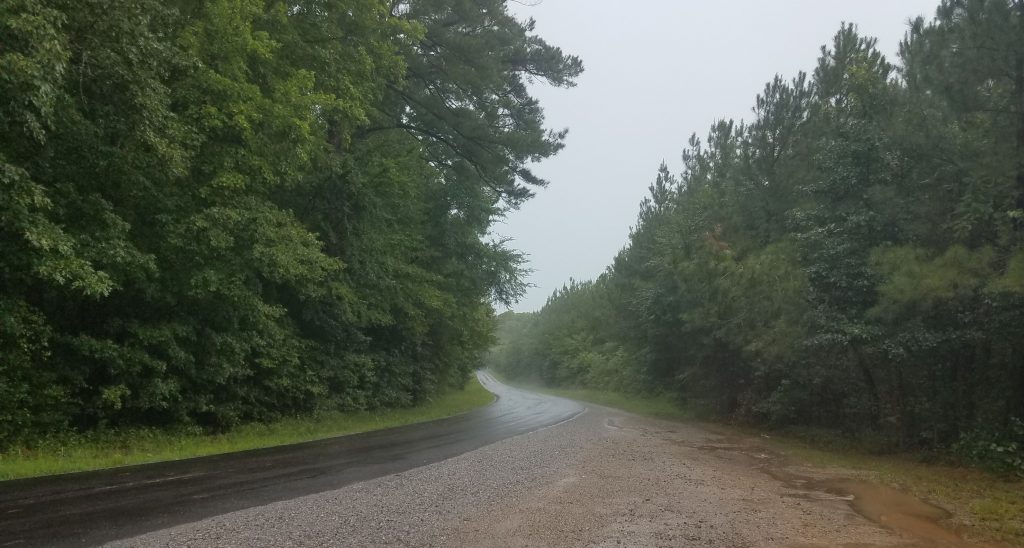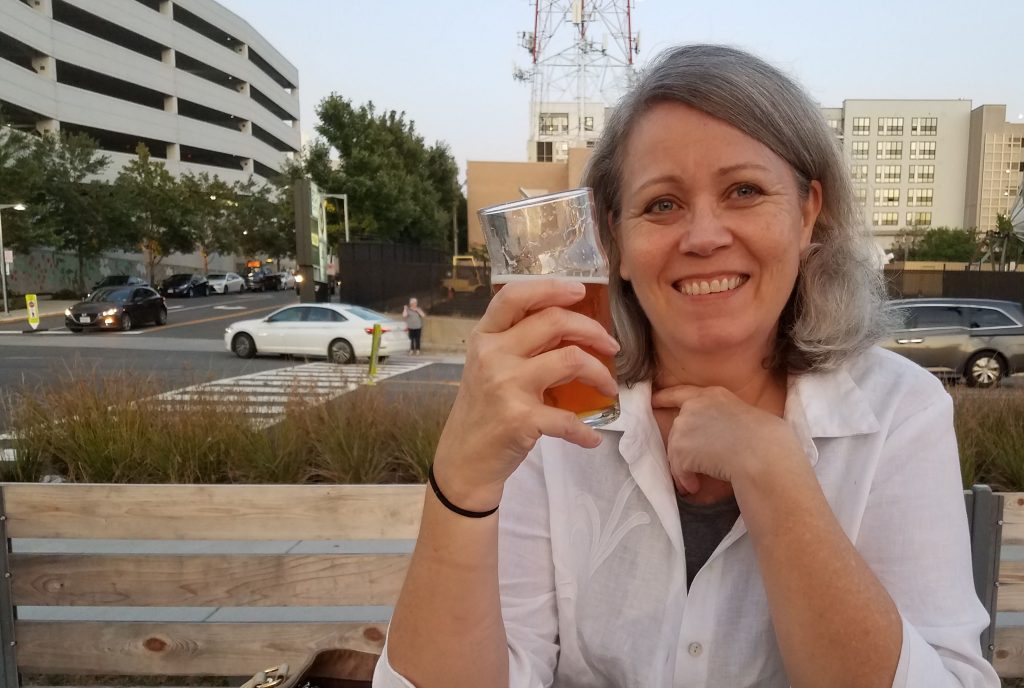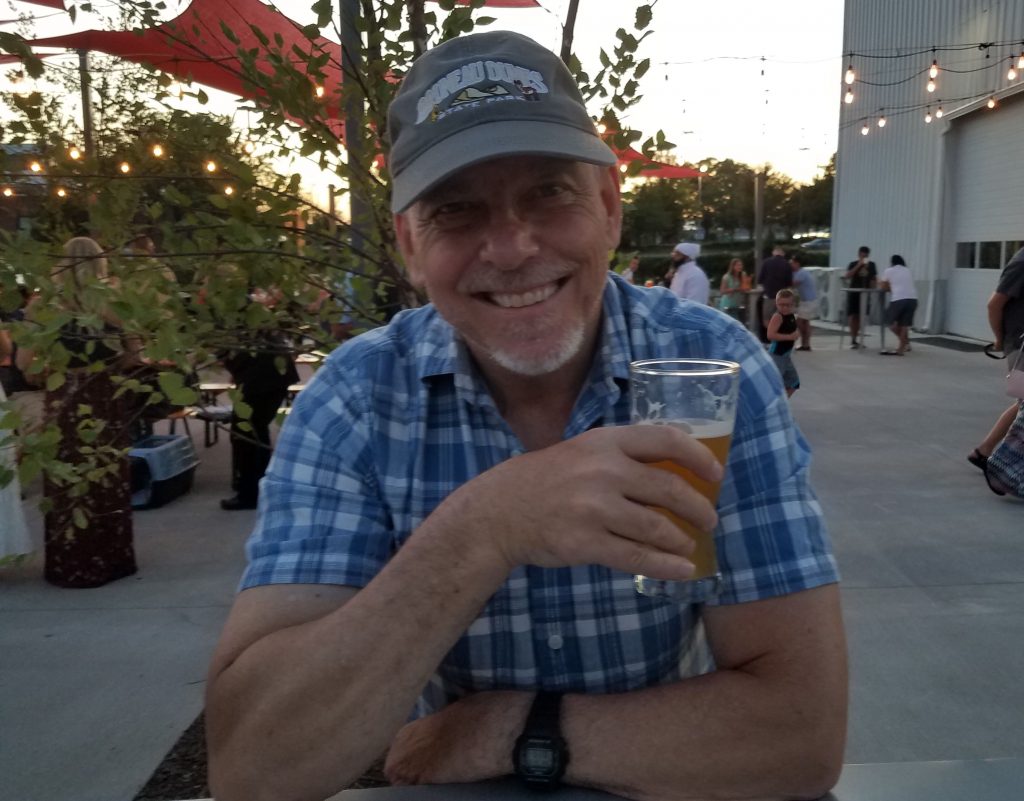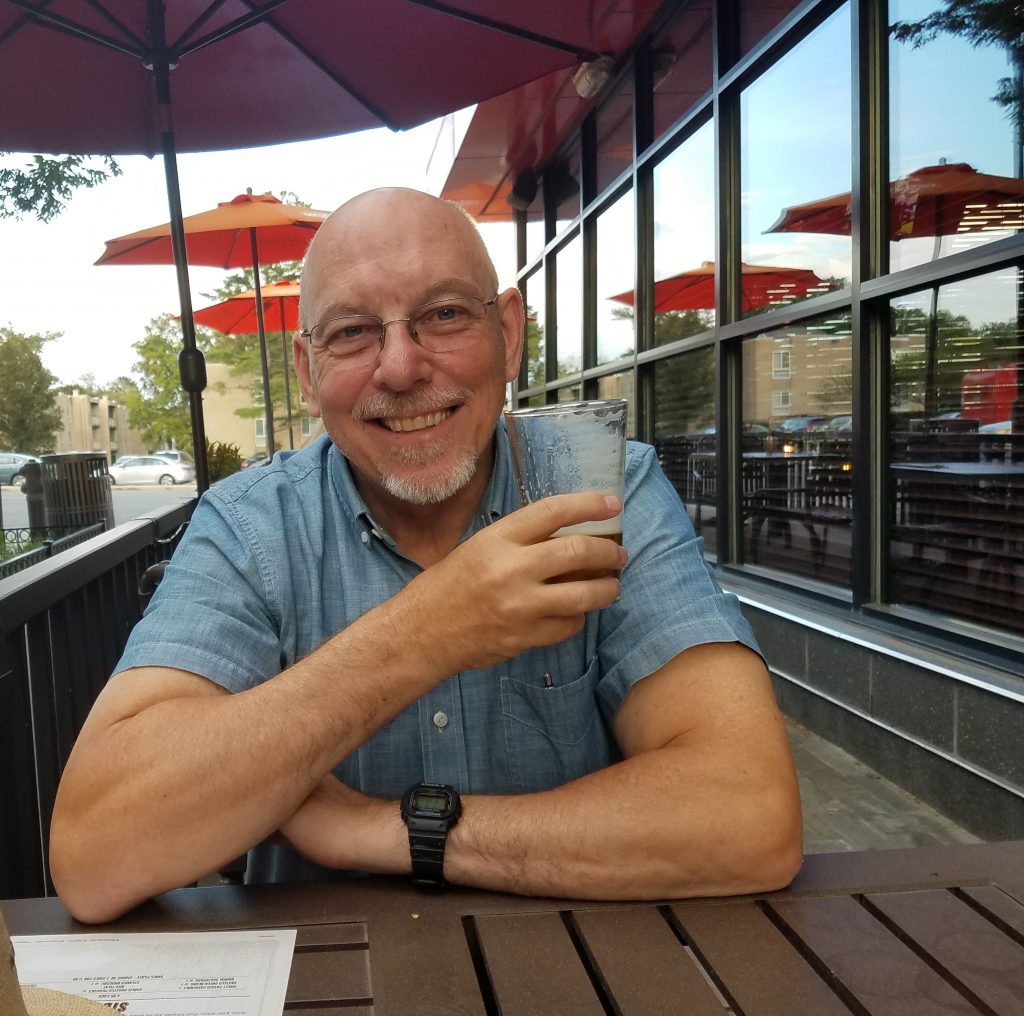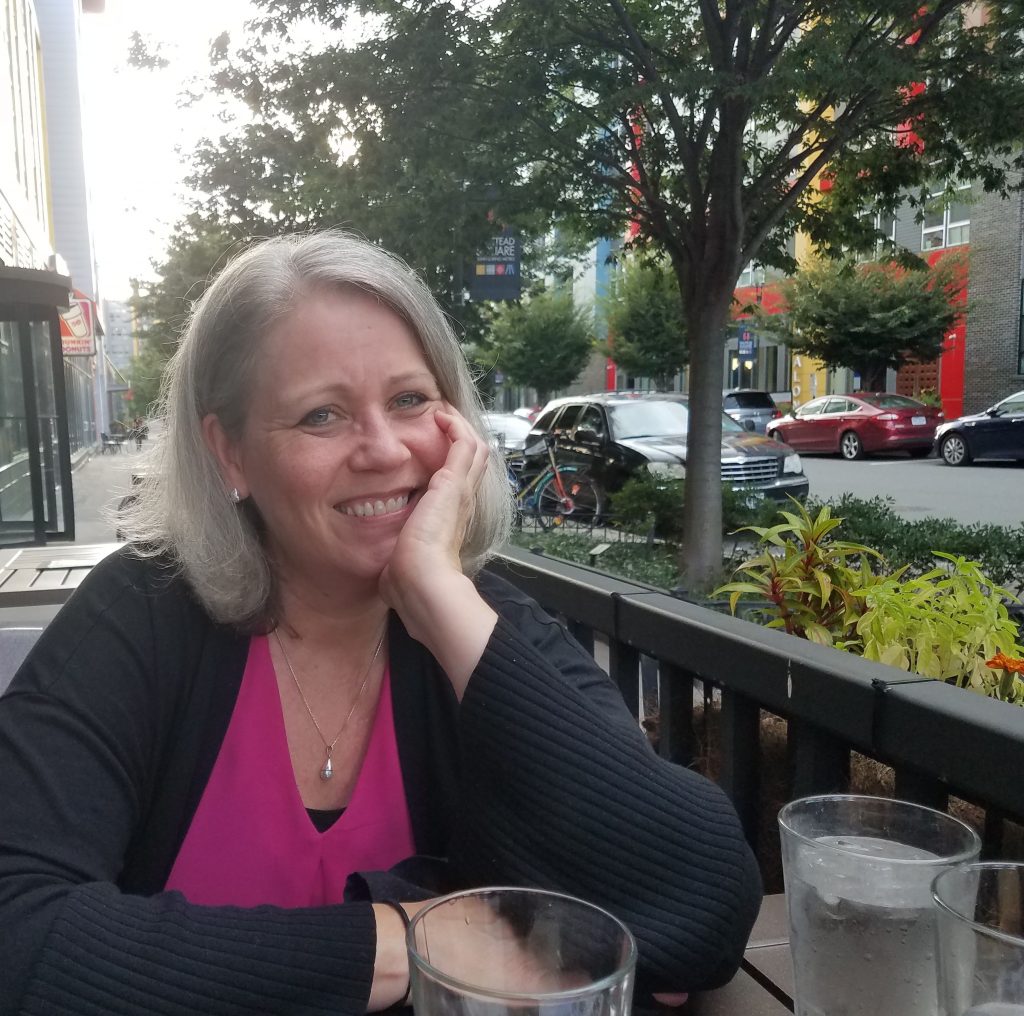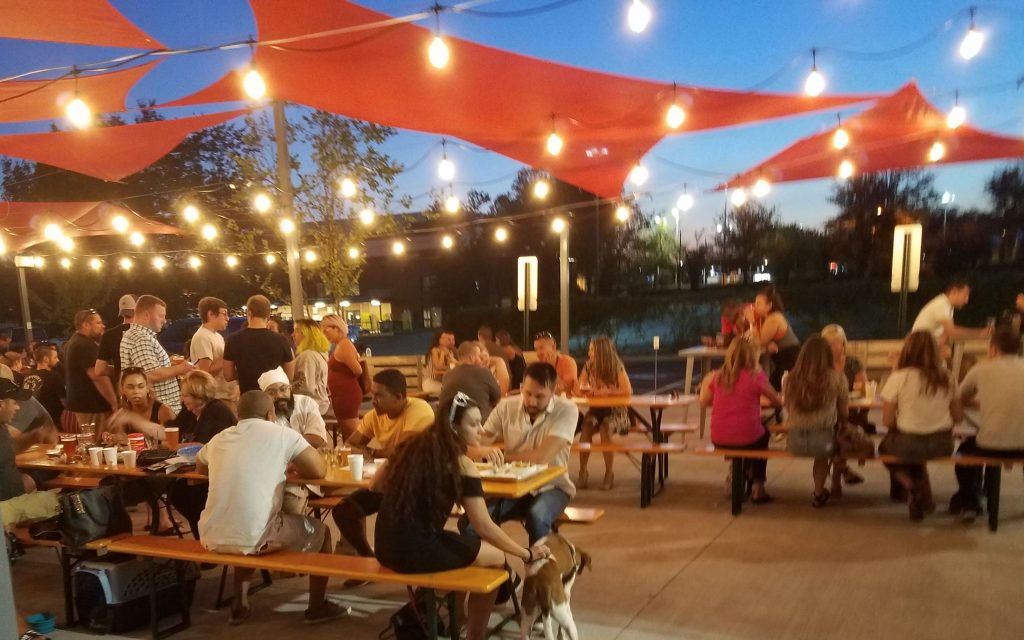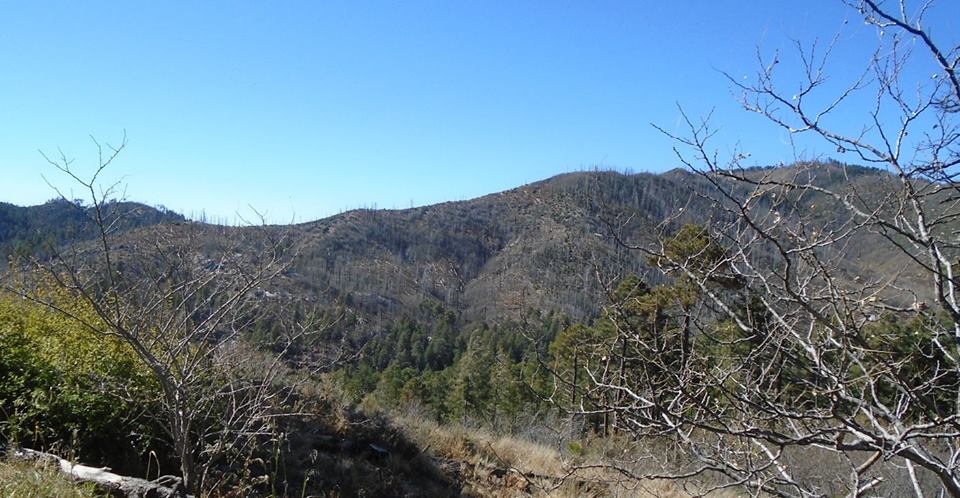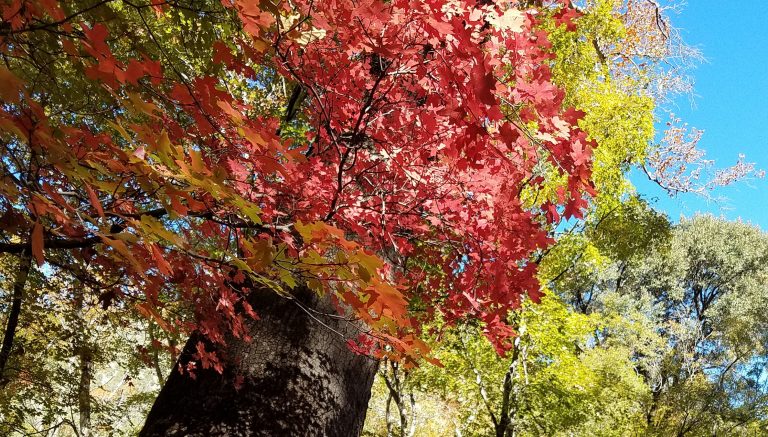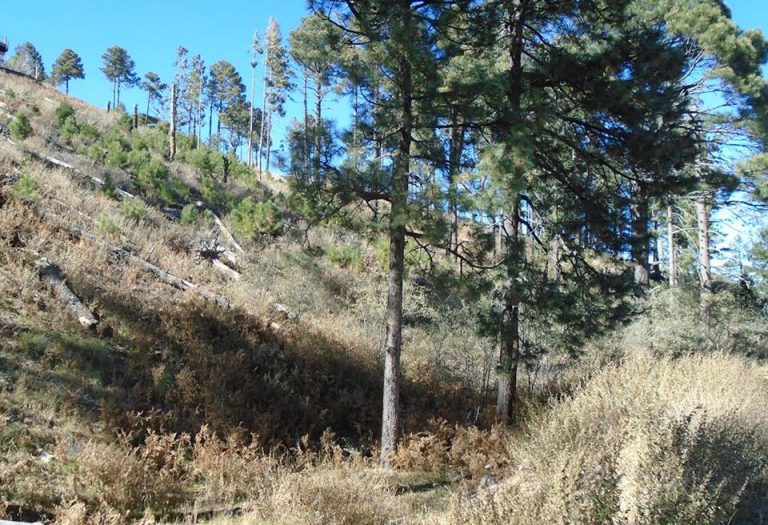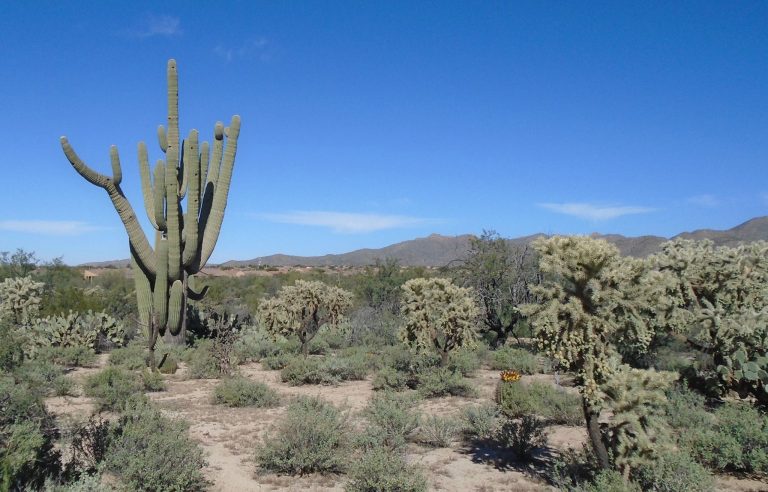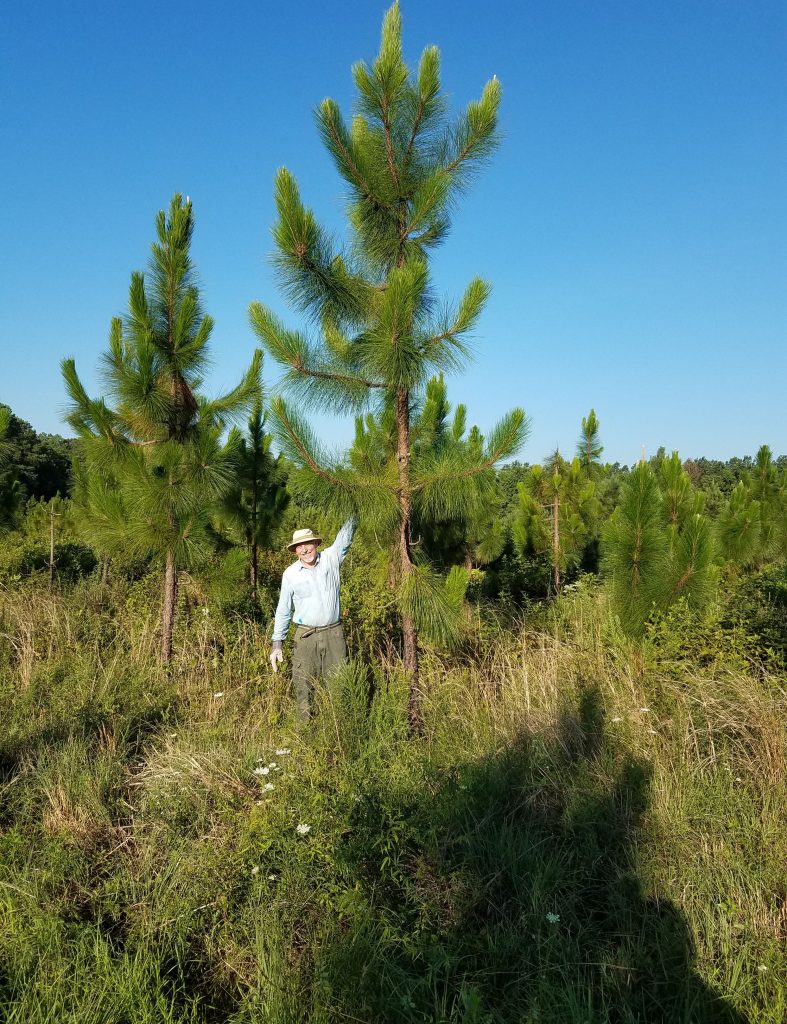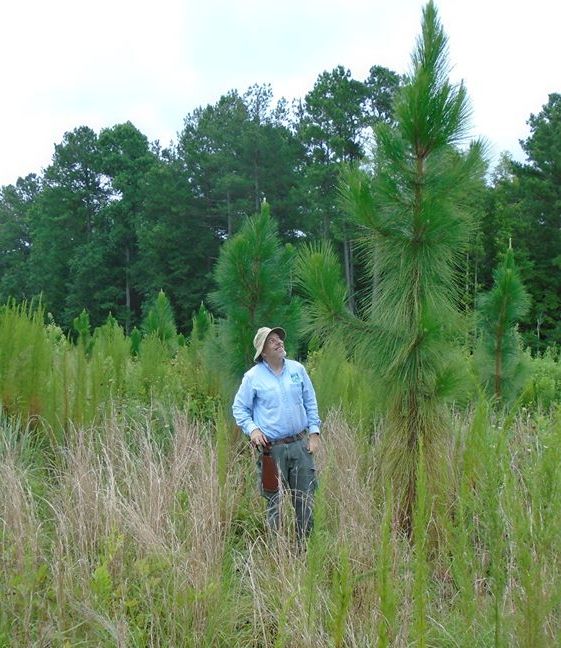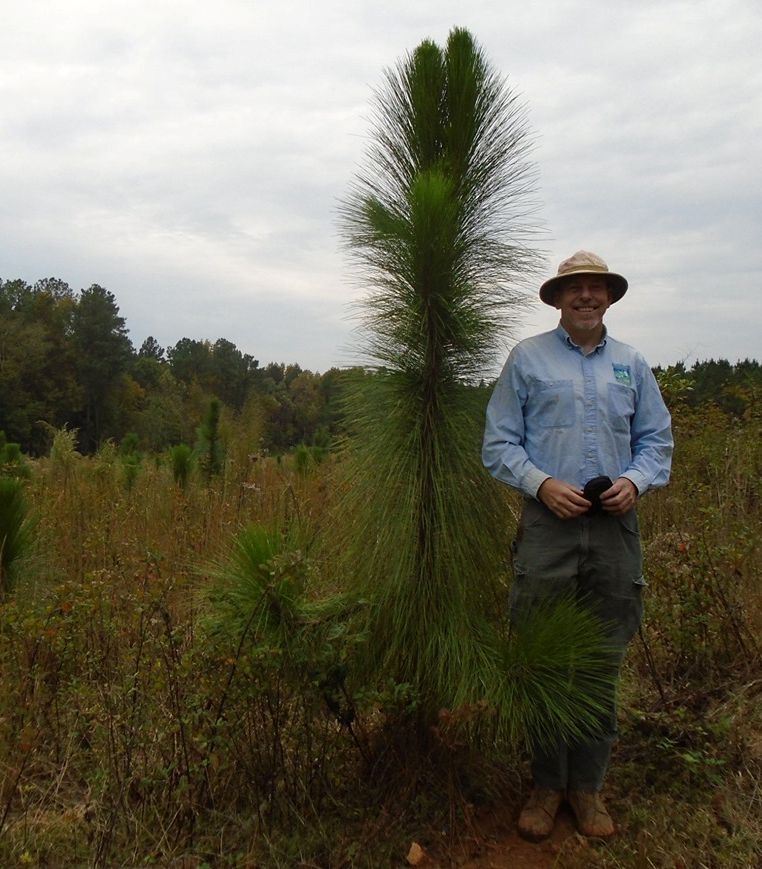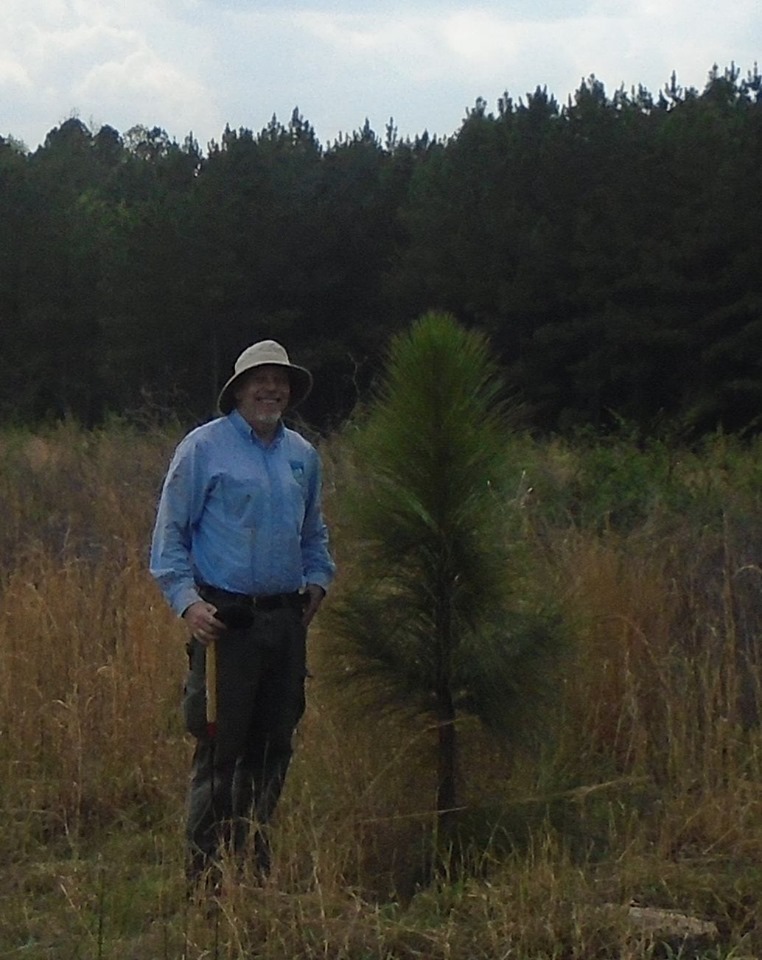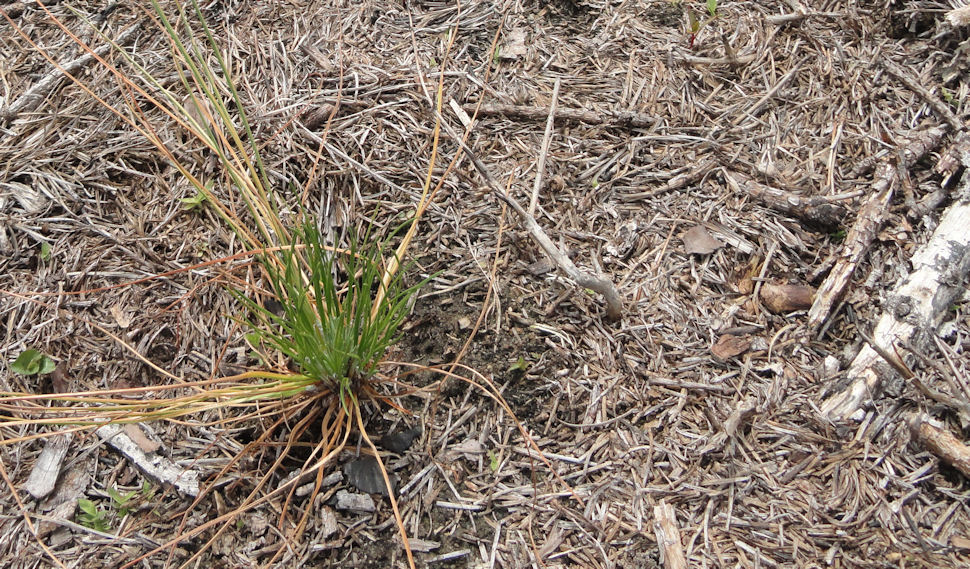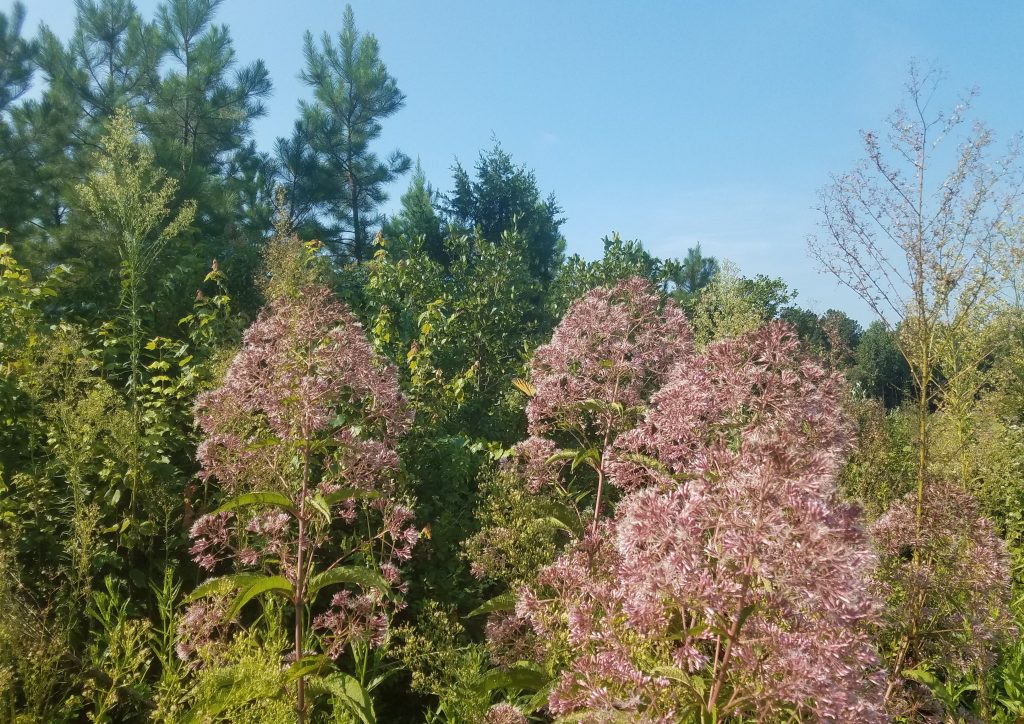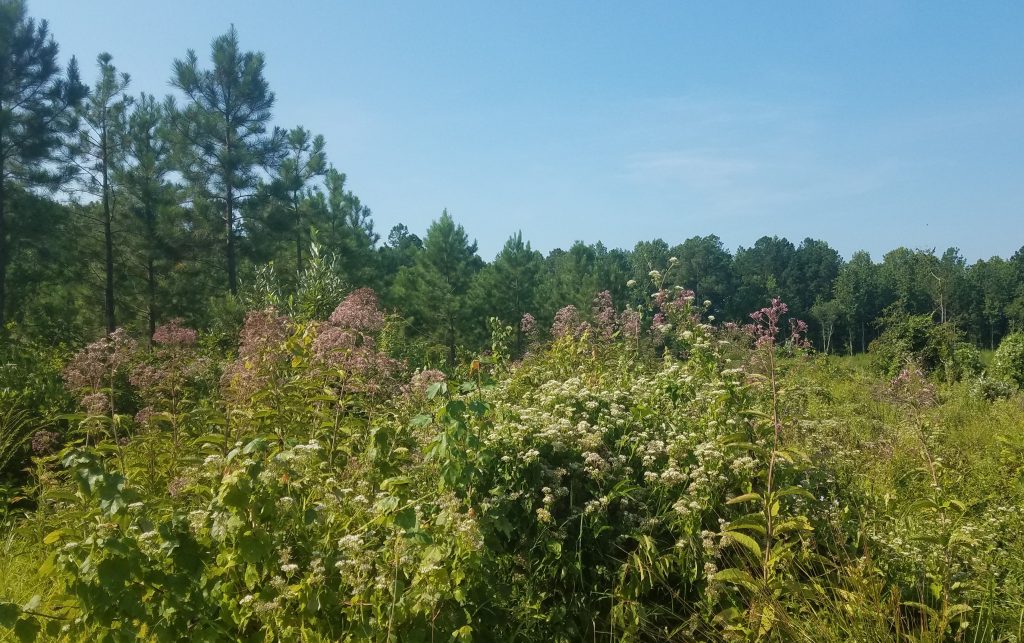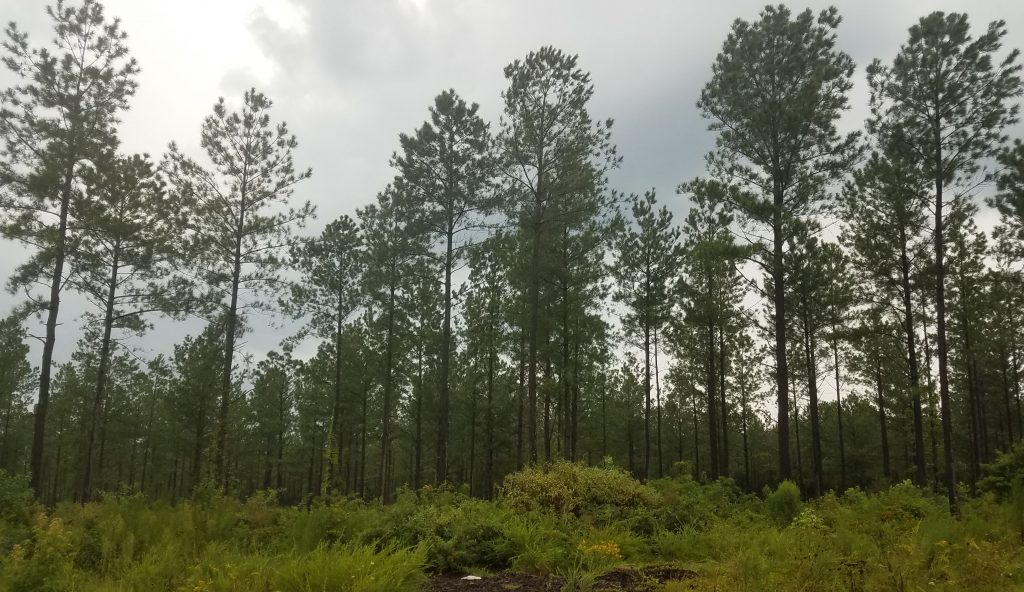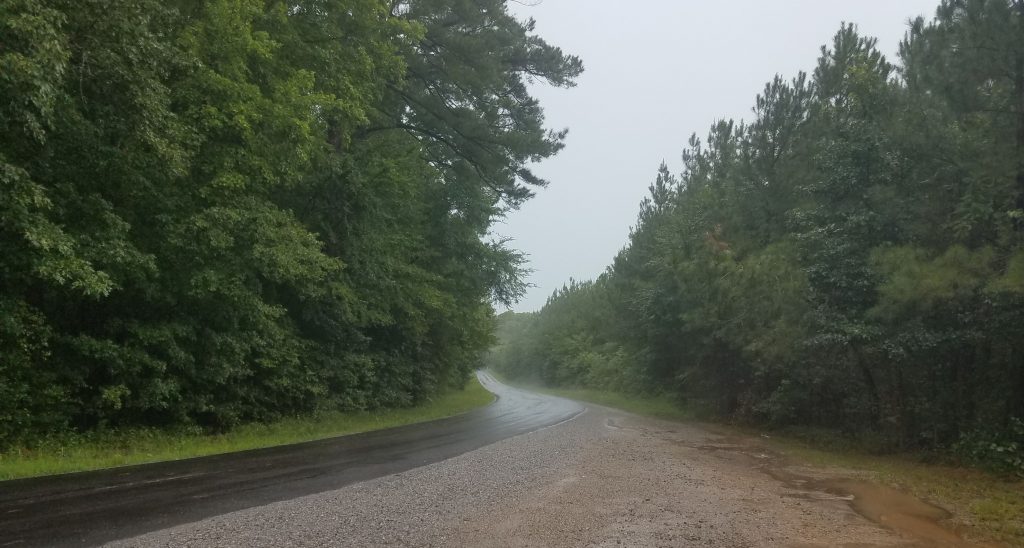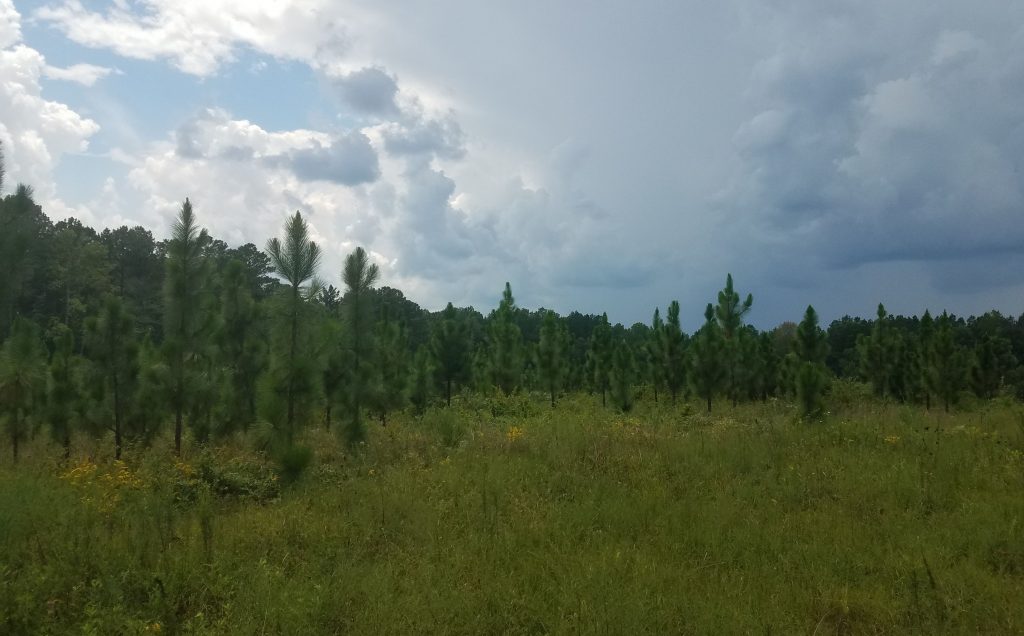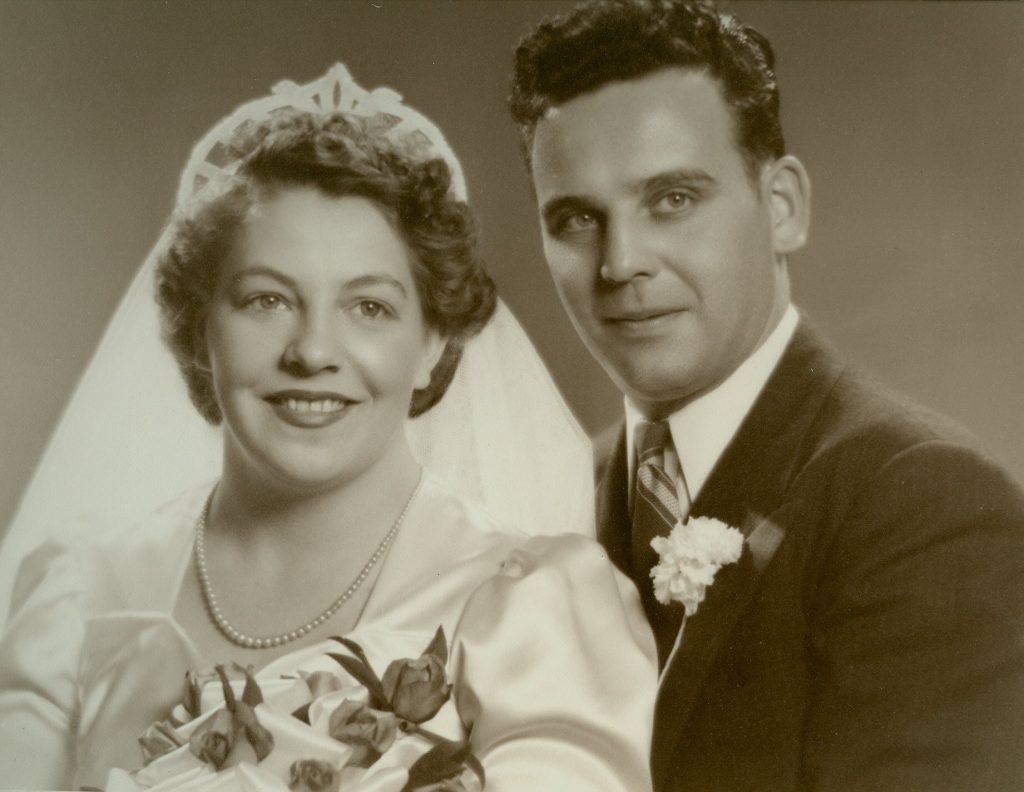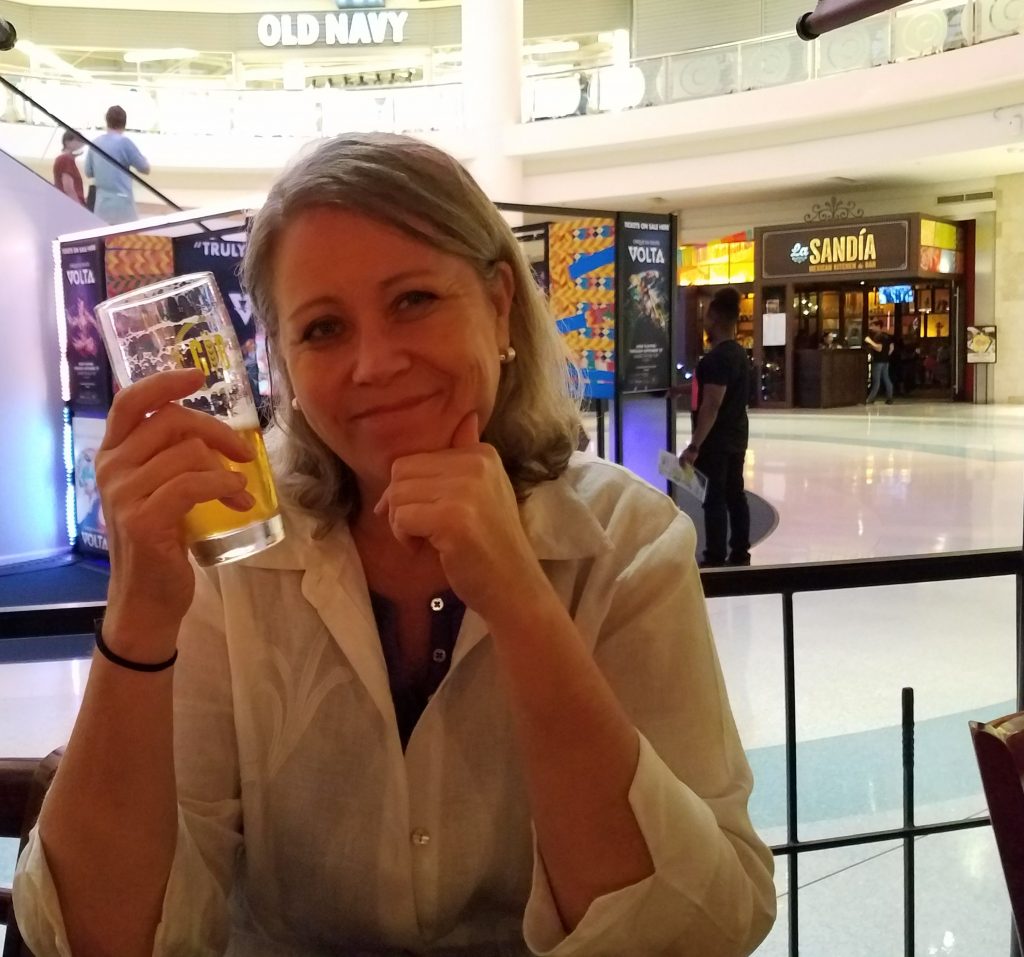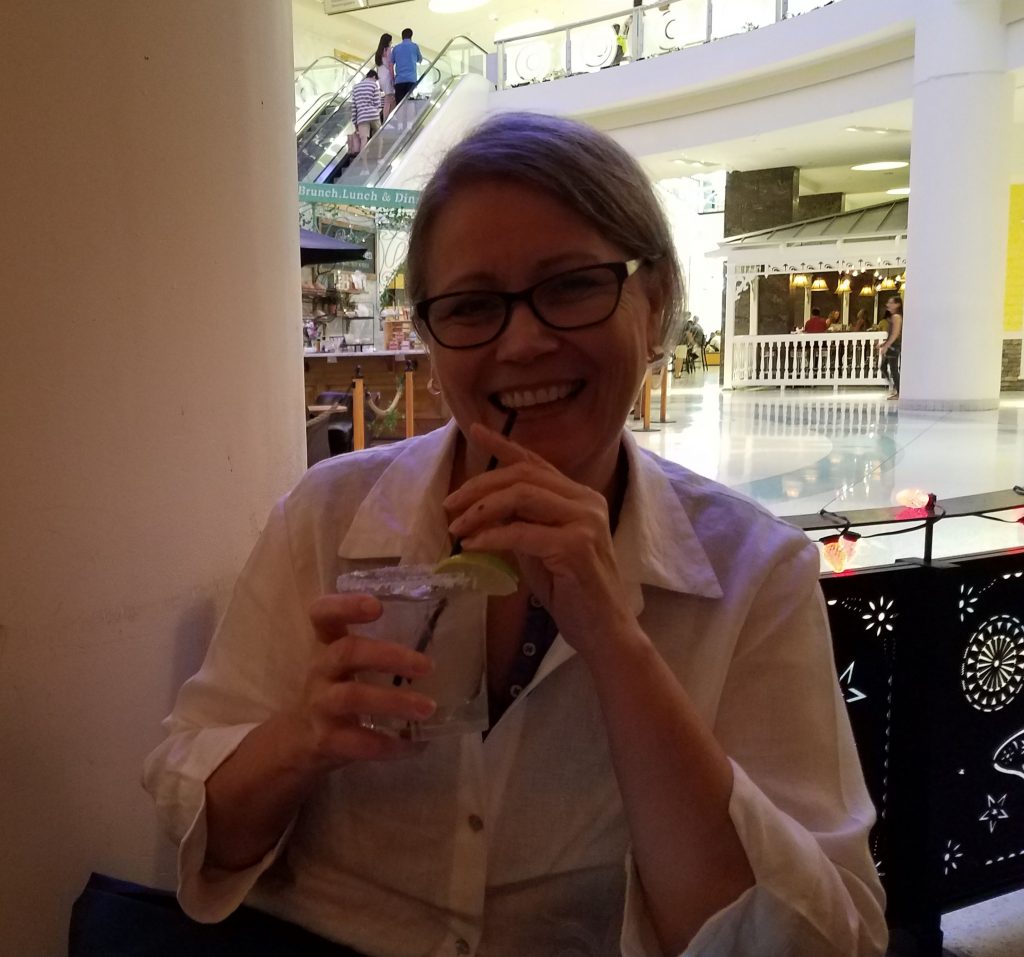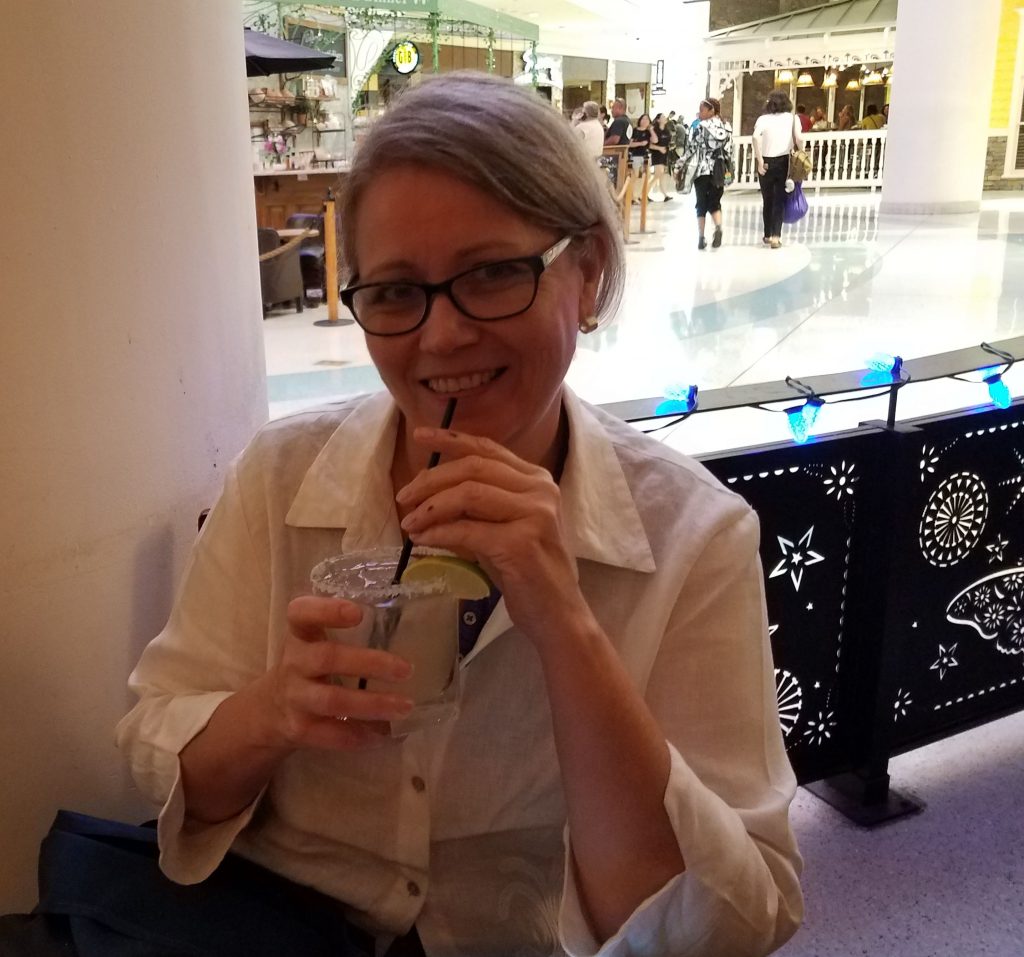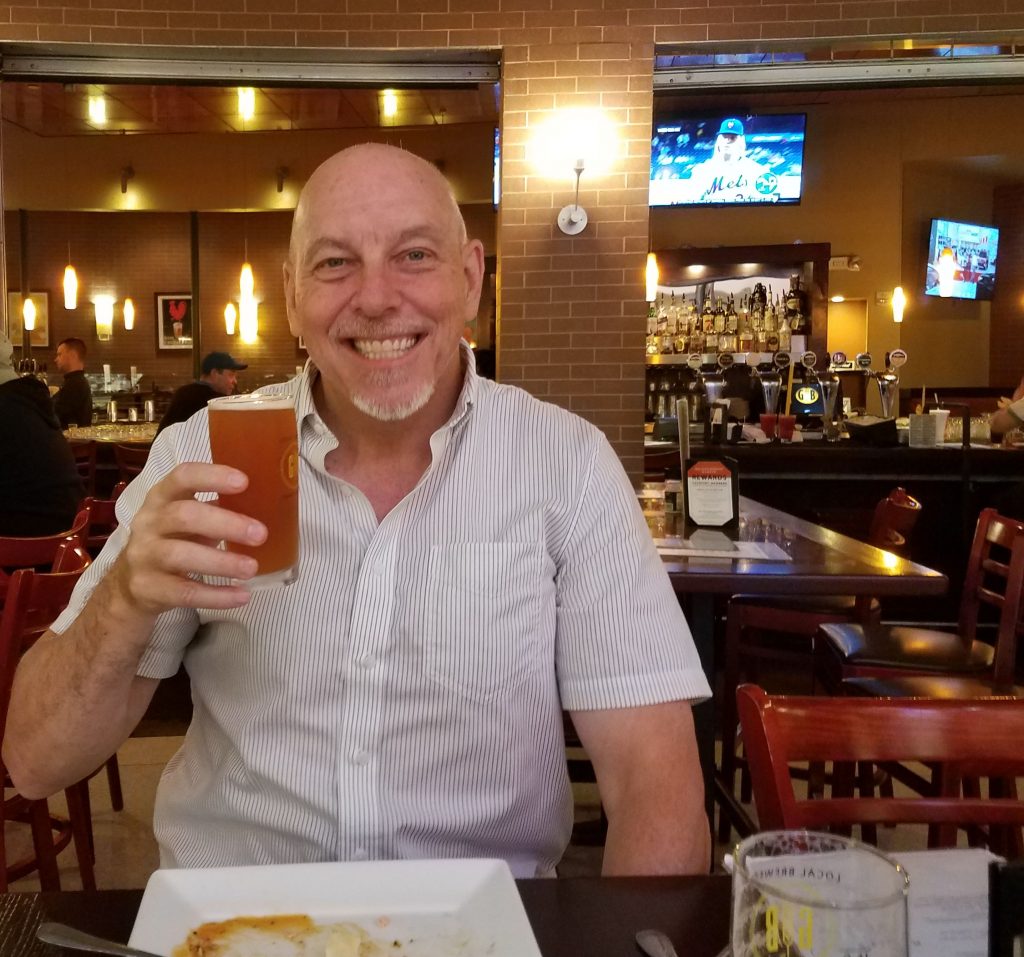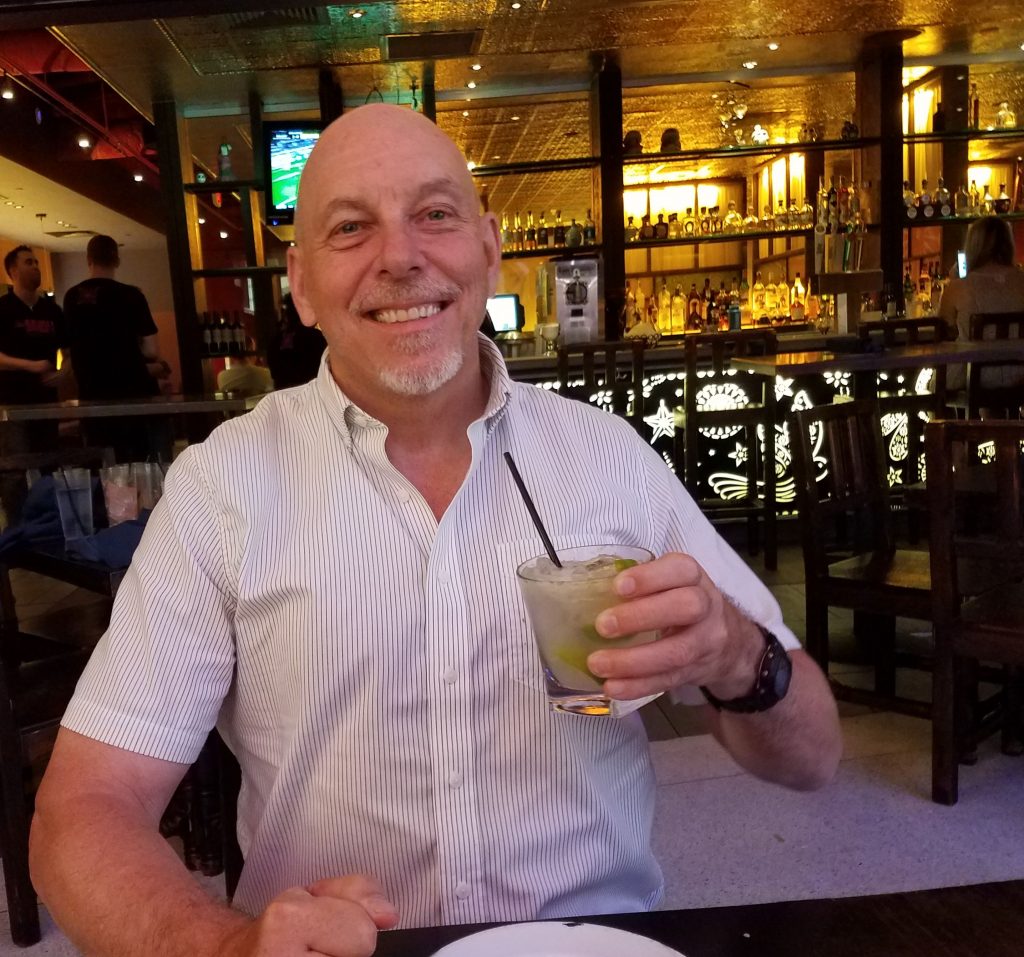What were you like when you were 50? My Story Worth for this week.
Worst of times
My 50th year, 2005, was pivotal but not a good year. My career was stalled. Chrissy was just starting hers. We were looking at the prospect of three kids leaving home and going to college. Now it just looks like an ordinary time of transition. Then it looked like a revolution, and not a good revolution like our American revolution, more like the Bolsheviks or Jacobins were coming for us.
Expiration date in a few years
There were lots of challenges that year. As I recall, I was narcissistically most absorbed by my career woes. Foreign Service is totalitarian. It is more than the job you do; it is kinda who you are, so lack of success hits harder and much more personally. I was low ranked by the 2005 promotion panels. You must be pretty dismal to get low ranked, at least I thought so at the time, and I thought my career was dead, although I would continue zombie-like until they finally really kicked me out. My expiration date was 2009 in our up-or-out system. I would be 54 years old, a little too old to start over, but a little too young to give up working altogether.
More than money
Money was a consideration, but not the big one. I am the kind of guy who needs a purpose, an identity. I would not be content is someone just gave me money. I want to be working toward something. I reached way back to my roots and found forestry, but that is not something you can take up as a retirement hobby. You need a forest. Fortunately, that was a puzzle I could solve.
Forestry a good investment
I studied on the subject of investing in forest land. It consumed much of intellectual energy. In fact, sound advice for someone worried about career success would be to concentrate more on that problem, but I was fascinated by the forestry. Don’t get me wrong, I still worked very hard at my State job, but I concentrated on the job and not getting ahead in the career, which paradoxically turned out to be a good strategy, but that is a story for a different time.
I became convinced that I could make forestry pay for itself, maybe not today, maybe not tomorrow but in the long run. This was crucial, a deal breaker if I could not do it. I am not rich like Ted Turner, who can buy land for pleasure. Mine needed to be an investment with a reasonable chance of producing positive results. This was important since the cash I needed to buy the land came from taking a second mortgage on the house. I always need to take the time here to thank Chrissy for having faith in my judgment. Had she said no, I would have no forest land today, and I would be a much poorer man today, maybe not in money but certainly in spirit. I was risking our future, but the way I figured (IF I did it right) it the risk was no greater than investing in mutual funds. In fact, it was better than having only a stock portfolio, since it provided diversification. It worked out well when the stock market crashed in 2008/9. Maybe the value of my land crashed too, but who could tell?
With my experience now of almost 15 years doing this, I can tell you that investing in the right forest land IS indeed a good investment with two important caveats. You must have a very long time horizon (patience is a virtue) and you must want to do a lot of the work yourself – physical, intellectual and managerial. And you must want to make it an investment. I love my forests and I live by the land ethic, but I also respect the triple bottom line in that the investment must make sense socially, ecologically AND economically. If you want to preserve untouched nature, you better either be rich or stay away from owing much forests land. Successful forest land owners are conservationists, not preservationists.
Until I become compost myself
My 50th year was the start of my forestry adventure, which I hope and believe will continue until I become compost myself. The career ended up working out alright too. The FS promoted me into the senior service and then once more (the low ranking did not matter at all), and I left on my own terms. They would have let me stay until mandatory retirement age of 65, but my forestry interest had become so great that I needed the time for that, so I retired from one passion to pursue another, a dozen years after my axial half century year.
In a very real sense, my decision to leave the FS in 2016 was made in 2005, but unlike my zombie fear, my FS career was also rejuvenated in that year. You can sometimes easily see looking back what you cannot even vaguely discern looking forward.
My first picture shows our “forest” in 2005. The little trees are there, but you mostly cannot see them. Next is that same place in 2018. They grew some. Picture # 3 is me next to a infestation of tree of heaven. It is a persistent invasive. That picture was taken before my first fight with it. I am still standing, but so is the tree of heaven, but I have controlled it. This fight will never end. The tree of heaven will outlast me, but I figure others will carry on. Also in that picture, you can see the little pine trees. They don’t look like much at that age, but they get better.


